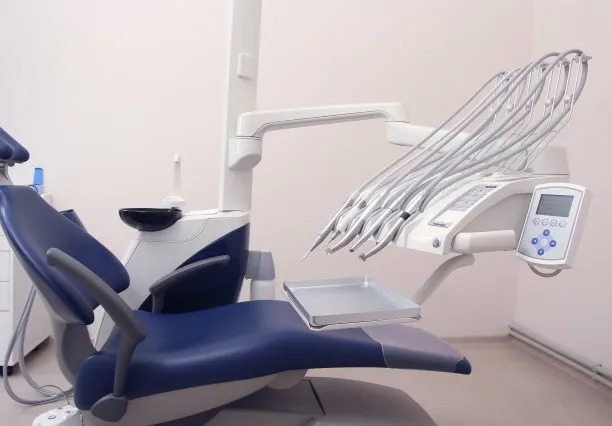The Essential Guide to Dental Implants Everything You Need to Know for a Perfect Smile Restoration
Summary: This article serves as a comprehensive guide to dental implants, detailing everything you need to know for achieving a perfect smile restoration. We explore the fundamental aspects of dental implants, including the procedures involved, their benefits, potential risks, and the essential aftercare required to ensure long-lasting results. With key insights for both potential patients and dental professionals, this guide aims to demystify the implant process and encourage readers to consider this transformative option for their dental health.
1. Understanding Dental Implants and Their Importance

Dental implants are artificial tooth roots made of biocompatible materials, usually titanium. They are designed to support prosthetic teeth, such as crowns or dentures. These implants serve as a durable and effective solution for individuals who have lost teeth due to injury, decay, or disease. Importantly, dental implants not only restore functionality but also enhance aesthetics, making them indispensable in modern dentistry.
The importance of dental implants extends beyond cosmetic improvement. By replacing missing teeth, implants help maintain the structure of the jawbone, preventing its degeneration over time. Furthermore, they allow patients to enjoy their favorite foods without dietary restrictions significantly and improve oral health by reducing the risk of gum disease through easier cleaning.
In essence, understanding dental implants can empower individuals to make informed decisions about their dental care. This knowledge contributes to better outcomes, ensuring that those who choose this option experience the full range of benefits associated with it.
2. The Dental Implant Procedure Explained
The process of getting dental implants typically involves several key steps, starting with a thorough evaluation by the dentist. This may include X-rays or 3D imaging to assess bone density and plan the placement of the implants accurately. During this stage, patients can discuss their goals and any concerns they may have regarding the procedure.
The next step is the surgical placement of the implant, which occurs under local anesthesia or sedation. Once the implant is embedded into the jawbone, a healing period of several months is usually required. This is when osseointegration takes place—the process by which the bone bonds with the titanium implant, providing a strong and stable foundation for the future restorations.
After sufficient healing, the final restoration involves attaching a custom-designed crown to the implant. This aesthetic finishing touch is crucial for achieving a natural appearance and restoring function. Throughout this process, clear communication with dental professionals ensures that patients are informed and comfortable at every stage, leading to optimal results.
3. The Benefits of Dental Implants
The advantages of dental implants go beyond mere tooth replacement. One of the most significant benefits is the preservation of jawbone health. Unlike traditional dentures, which can lead to bone loss over time, implants encourage natural bone growth and stability.
Additionally, dental implants provide superior comfort and convenience. Unlike removable dentures that may slip or cause discomfort, implants are firmly anchored in place, allowing users to smile, speak, and eat without fear of shifting. This permanence contributes to confidence and improved quality of life.
Moreover, dental implants are durable and can last a lifetime with proper care. This longevity appeals to many patients looking for a cost-effective long-term solution for tooth loss. Overall, dental implants represent a wise investment in both functional and aesthetic dental health.
4. Essential Aftercare for Long-lasting Results
After the placement of dental implants, proper aftercare is essential for their longevity and functionality. Good oral hygiene practices must be maintained, including regular brushing and flossing around the implant site. Patients should also schedule routine dental check-ups for professional cleanings and assessments to monitor the health of their implants.
In addition to oral hygiene, it’s important for patients to avoid certain behaviors that may jeopardize the success of their implants. Smoking and excessive alcohol consumption, for instance, can hinder healing processes and increase the risk of complications. Educating patients about these risks is crucial in promoting a successful outcome.
Finally, patients should be vigilant about addressing any discomfort or issues with their implants promptly. Being proactive can help catch potential problems early and ensure that dental implants continue to provide their intended benefits for many years to come.
Summary:
Dental implants offer a comprehensive solution for restoring both functionality and aesthetics in dental health. Understanding the procedure, benefits, and essential aftercare practices ensures that patients can achieve and maintain their perfect smile with confidence. This essential guide encourages readers to consider dental implants as a viable option for tooth restoration.
This article is compiled by Vickong Dental and the content is for reference only



